Premium Only Content
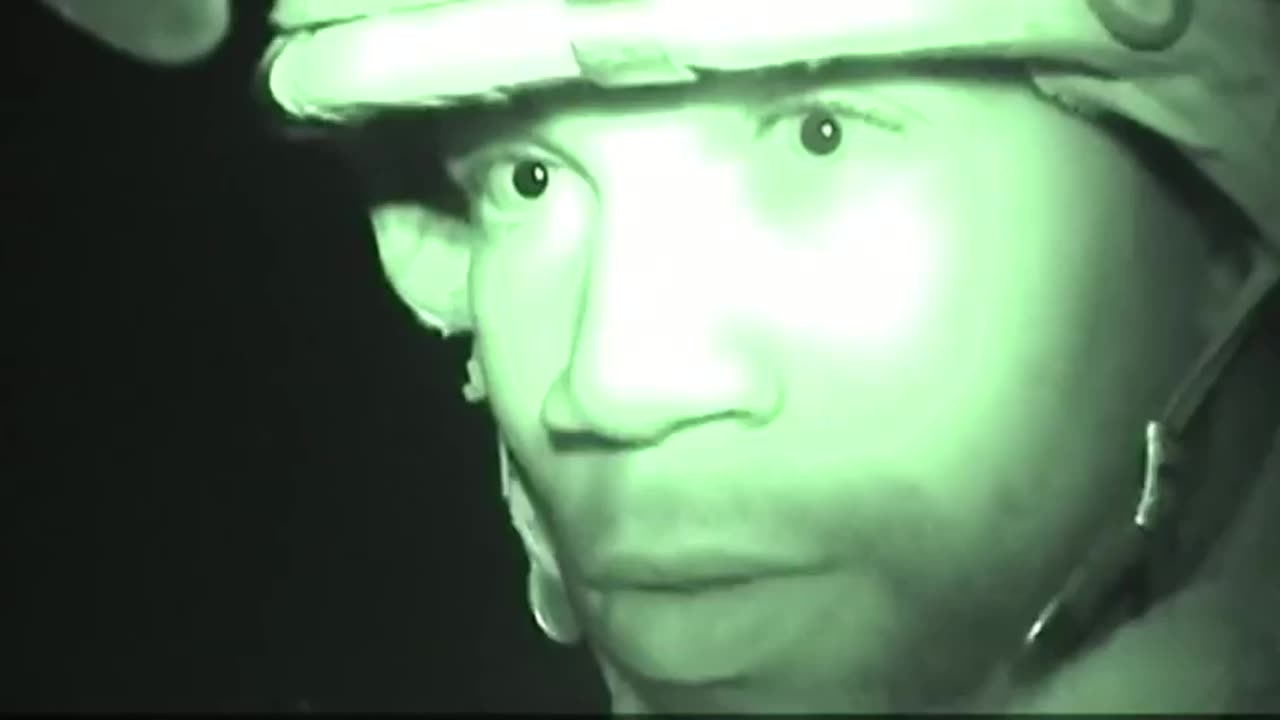
Coming Soon - Michael Prysner - The Winter Soldier Testimony
Veterans said the culture of this counterinsurgency war, in which most Iraqi civilians were assumed to be hostile, made it difficult for soldiers to sympathize with their victims--at least until they returned home and had a chance to reflect.
"I guess while I was there, the general attitude was, A dead Iraqi is just another dead Iraqi," said Spc. Jeff Englehart, 26, of Grand Junction, Colorado.
Many of these veterans returned home deeply disturbed by the disparity between the reality of the war and the way it is portrayed by the US government and American media. The war the vets described is a dark and even depraved enterprise, one that bears a powerful resemblance to other misguided and brutal colonial wars and occupations, from the French occupation of Algeria to the American war in Vietnam and the Israeli occupation of Palestinian territory.
A report released May 4 by the Pentagon. According to the survey, conducted by the Office of the Surgeon General of the US Army Medical Command, just 47 percent of soldiers and 38 percent of marines agreed that civilians should be treated with dignity and respect. Only 55 percent of soldiers and 40 percent of marines said they would report a unit member who had killed or injured "an innocent noncombatant."
They rarely saw their enemy. They lived bottled up in heavily fortified compounds that often came under mortar attack. They only ventured outside their compounds ready for combat. The mounting frustration of fighting an elusive enemy and the devastating effect of roadside bombs, with their steady toll of American dead and wounded, led many troops to declare an open war on all Iraqis.
Veterans described reckless firing once they left their compounds. Some shot holes into cans of gasoline being sold along the roadside and then tossed grenades into the pools of gas to set them ablaze. Others opened fire on children. These shootings often enraged Iraqi witnesses.
In June 2003 Staff Sgt. Camilo Mejía's unit was pressed by a furious crowd in Ramadi. Sergeant Mejía, 31, a National Guardsman from Miami, served for six months beginning in April 2003 with the 1-124 Infantry Battalion, Fifty-Third Infantry Brigade. His squad opened fire on an Iraqi youth holding a grenade, riddling his body with bullets. Sergeant Mejía checked his clip afterward and calculated that he had personally fired eleven rounds into the young man.
-
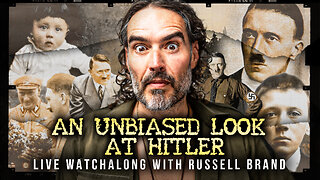 LIVE
LIVE
Russell Brand
1 hour agoCan You Really Take an Unbiased Look at Hitler? - SF624
16,157 watching -
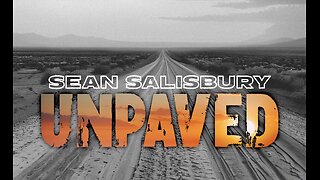 LIVE
LIVE
Sean Unpaved
1 hour agoSchlereth Unplugged: 3x Champ Talks TV, Football, & 2025 Season Expectations
184 watching -
 LIVE
LIVE
Barry Cunningham
5 hours agoMUST SEE: KAROLINE LEAVITT HOSTS WHITE HOUSE PRESS CONFERENCE ( AND MORE NEWS)
2,240 watching -
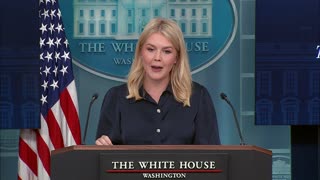 LIVE
LIVE
The White House
1 hour agoPress Secretary Karoline Leavitt Briefs Members of the Media, July 31, 2025
1,163 watching -
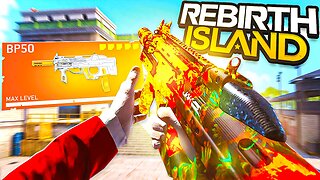 LIVE
LIVE
JuicyJohns
5 hours ago $2.43 earned🟢#1 REBIRTH PLAYER 10.2+ KD🟢$500 GIVEAWAY SATURDAY!
116 watching -
 LIVE
LIVE
IrishBreakdown
1 hour agoNotre Dame Fall Camp Practice Report
25 watching -
 1:04:08
1:04:08
Timcast
1 hour agoPelosi MELTS DOWN After Trump Accuses Her Of INSIDER TADING, PELOSI ACT Moves Forward
111K45 -
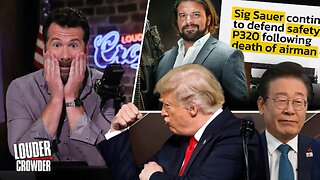 1:54:53
1:54:53
Steven Crowder
4 hours ago🔴 Is the Sig Sauer P320 Killing People & Trump Wins the Trade War: Guest Brandon Herrera
249K176 -
 LIVE
LIVE
Rebel News
1 hour agoCanada to recognize Palestine, US trade deadline looms, Charter-protected bike lanes | Rebel Roundup
388 watching -
 LIVE
LIVE
TheAlecLaceShow
1 hour agoGuest: Roger Stone | Kash Patel Finds Hoax Docs in Secret FBI Room | The Alec Lace Show
165 watching